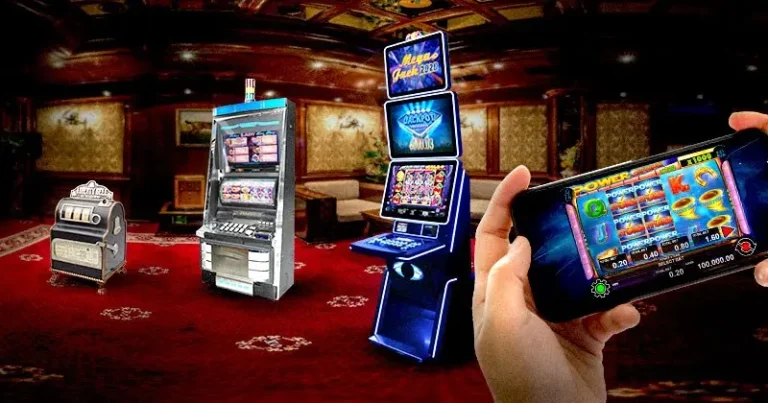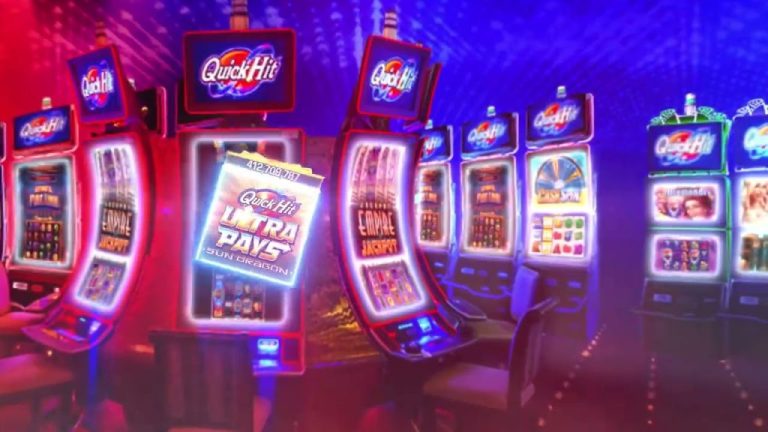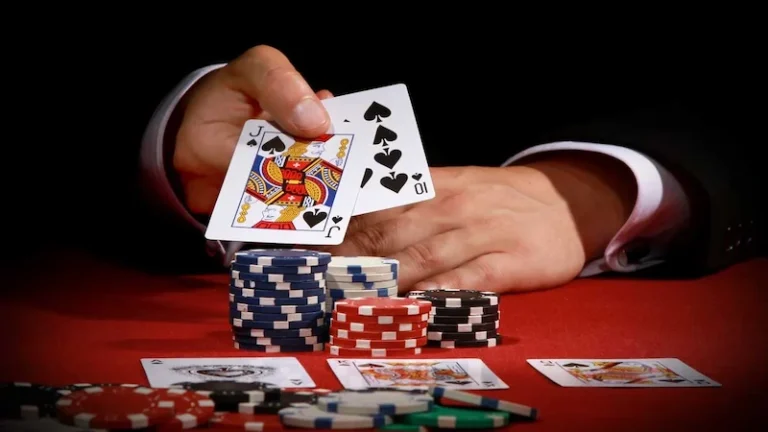What Are Junk Hands in Poker? Strategies to Handle Weak Cards on GA88
When entering the competitive world of online poker at GA88, you’ll inevitably encounter what experienced players call “junk hands.” These are hands that statistically offer little chance of winning but appear frequently during gameplay. If you’re new to poker or aiming to improve your win rate, understanding what junk hands are—and how to respond strategically—is crucial. In this guide, we’ll explore junk hands in detail, identify how to recognize them, and offer professional strategies tailored for players on GA88. You’ll also discover how to turn potentially losing hands into winning opportunities with smart play, discipline, and analysis.
What Are Junk Hands in Poker?
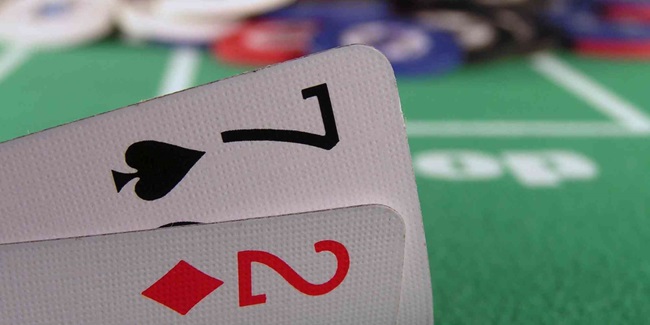
In the context of GA88 and broader poker gameplay, junk hands refer to two-card starting combinations that lack synergy or value. These are hands that don’t form potential pairs, straights, flushes, or any meaningful combination. Typically, they consist of two low-ranking, unsuited, and unconnected cards. For example, a hand like 4♣ 9♦ or 6♠ 2♥ is considered junk because the odds of improving the hand significantly are slim. Other examples include an Ace with a weak kicker (like A♣ 6♦), or even suited cards that don’t offer a straight draw. While they may occasionally win under specific circumstances, junk hands generally should be folded early to preserve your stack.
How to detect junk hands in poker
At GA88, recognizing junk hands early saves time and chips. Watch for these indicators:
-
Both cards below 10
-
Unsuited, unconnected cards
-
Weak kickers paired with Aces or Kings (e.g., A-7 offsuit)
-
No straight or flush draw potential
Tip: Use GA88’s hand tracker or hand history features to review your sessions and see how often you’re tempted to play junk—and how that affects your outcomes.
Why Junk Hands Matter to Your GA88 Strategy
When you realize you have a bad hand, you need to pay special attention to your sitting position and playing capital in each poker game:
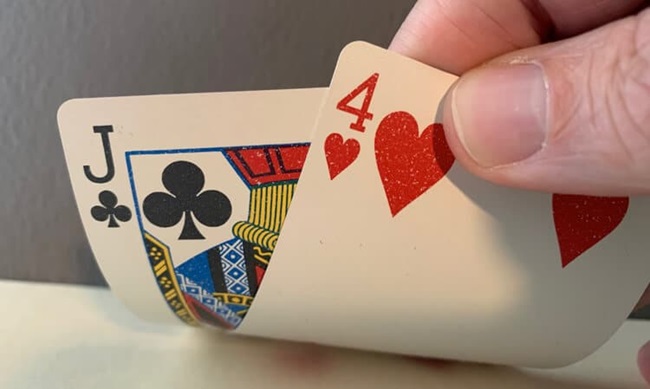
-
Preserve your stack: Avoid unnecessary losses by folding weak hands early
-
Strengthen table image: Tight players gain respect, which helps with future bluffs
-
Avoid tough post-flop spots: Junk hands often leave you second-guessing or making costly decisions
-
Improve overall ROI: Playing fewer weak hands means you focus your chips on hands with real potentia
How to handle trash cards in poker
Although junk hands are usually best folded, there are tactical ways to play them, especially against passive players or in the right position:
Raise your bet
This is quite an effective method but should only be applied to inexperienced opponents who often make wrong decisions. At this time, you should quickly increase your bet continuously to make your opponent fold.
Prioritize playing small pairs of cards
Experts advise that when you discover junk cards, you should focus on playing small pairs of cards. Although this makes it easier for you to flop, remember to increase your bet early and use pairs of cards appropriately.
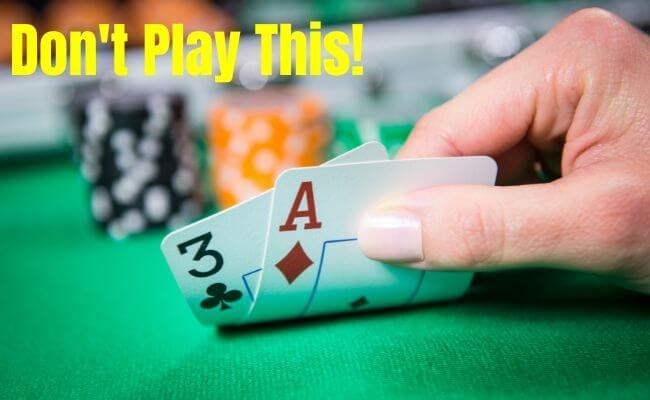
Skip if the hand is too bad
Many people who are new to poker or are amateur players rarely give up because they think it’s not fun and still hope to win. However, you should fold your cards immediately if you see a low chance of winning. Don’t let your ego influence you to make wrong decisions, thereby losing all your capital.
Common Mistakes to Avoid With Junk Hands
If you’re serious about improving your GA88 game, avoid these common pitfalls:
-
Calling to “see a flop”—junk rarely improves enough to be worth the risk
-
Bluffing too often—if your table spots it, your bluffs lose credibility
-
Overplaying weak aces—you’ll lose more to stronger Ax combinations
-
Forgetting position—junk hands only gain value in late position with read-based plays
-
Ignoring chip stack dynamics—junk hands can ruin short-stacked players quickly
Making Smart Decisions Under Pressure
Poker is a mental game as much as a mathematical one. Junk hands challenge your ability to stay calm and make logical decisions. Here are key tips: Stick to your pre-flop plan—don’t be swayed by curiosity or fear of missing out. Trust your reads—if your instincts tell you someone is strong, don’t try to outplay them with weak cards. Don’t chase hands—if your junk hand doesn’t improve by the flop or turn, fold and regroup. Track your play—on GA88, use your stats to see how often junk hands cost or save you money. Small adjustments lead to long-term improvements.
Turning Weak Hands into Learning Opportunities
Every junk hand is a chance to practice discipline. Many professional players credit their success to learning when not to play rather than trying to win every hand. On GA88, use bad hands as training sessions. Fold and observe. Watch how others manage junk hands. Study how tight players react compared to loose ones. This analytical mindset will help you grow faster than constantly chasing pots with weak holdings.
Conclusion: Mastering Junk Hands is Key to Poker Growth on GA88
Understanding how to handle junk hands is essential to becoming a successful poker player on GA88. By learning to fold at the right times, recognize weak starting hands, and apply position-based strategy, you minimize unnecessary risks and preserve your bankroll for stronger spots. Smart bluffing, disciplined folding, and effective use of GA88’s tools will elevate your gameplay dramatically.
Remember, folding junk hands is not a passive move—it’s a strategic choice. Avoiding marginal hands helps you stay focused, reduces mistakes, and boosts long-term win rates. Use junk hands to observe, learn from your opponents, and sharpen your instincts. Whether you’re a beginner or intermediate player on GA88, knowing how to manage weak cards effectively is a step toward mastering poker strategy—and growing your chips session after session.


